0
+Guardians of Wildlife
0
+From Learning to Action
0
+Safe Havens for Wildlife
0
+Connecting People to Nature

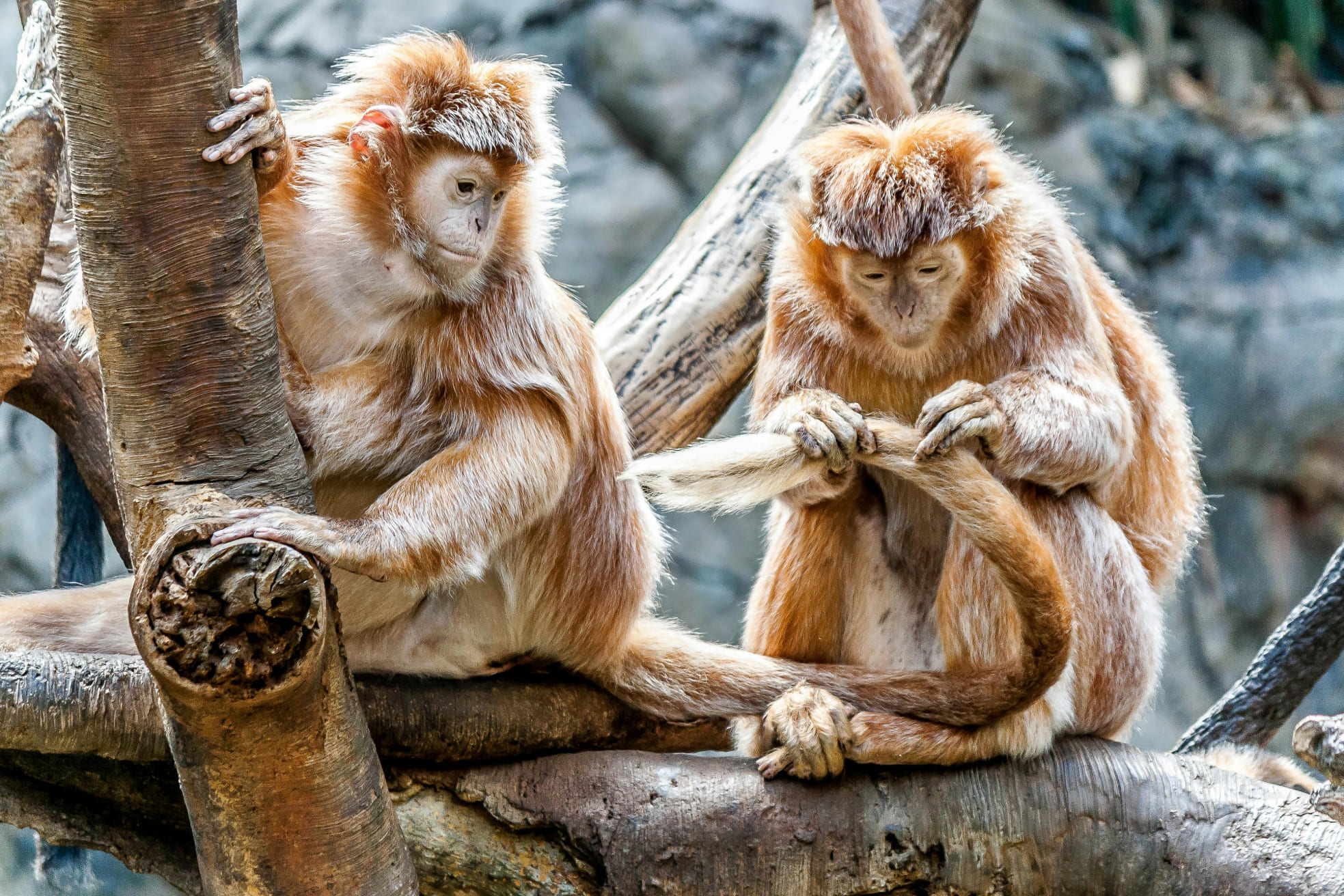
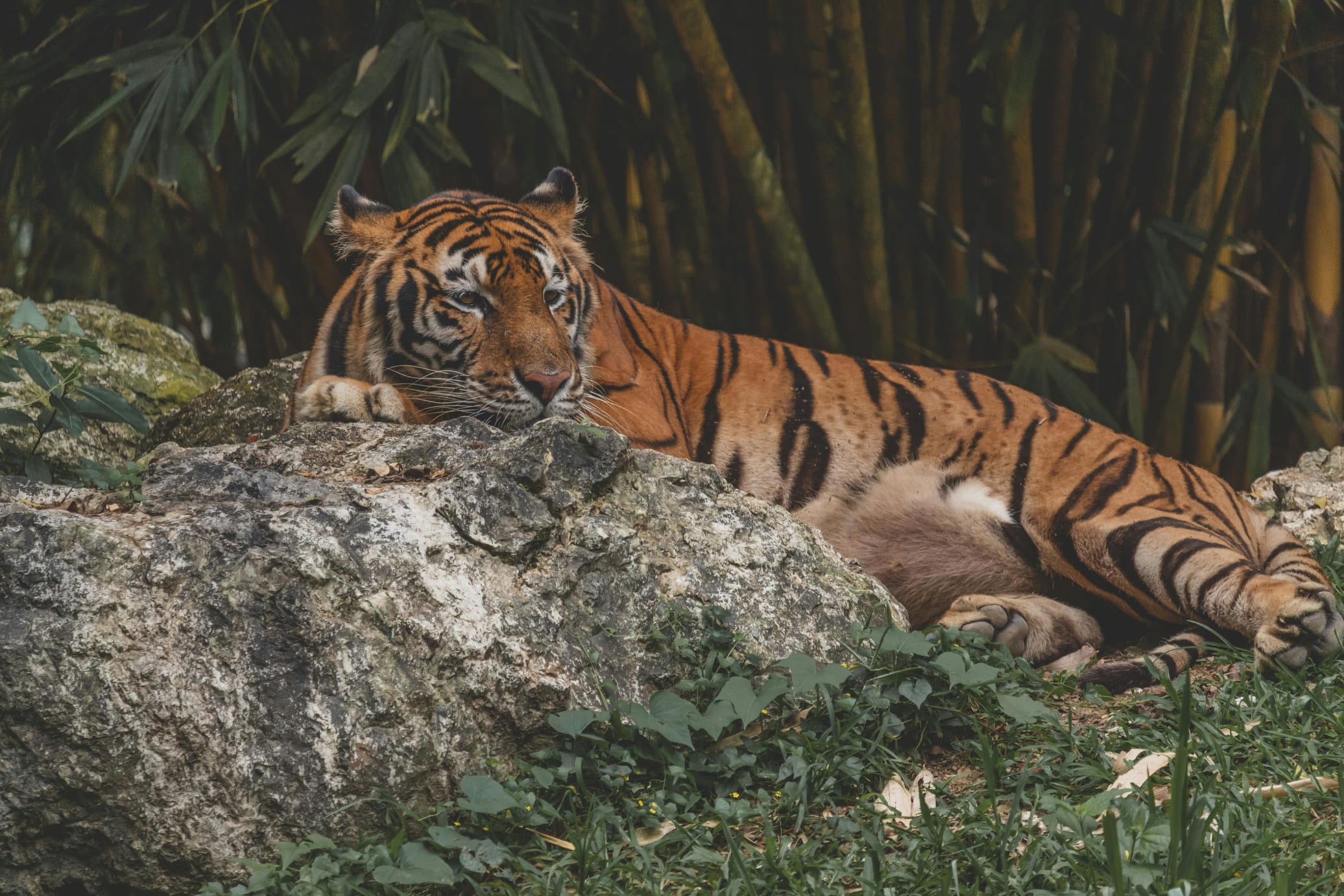
Zoos serve as safe havens for endangered species, providing them with protection from the threats they face in the wild, such as habitat loss and poaching. Through dedicated breeding programs and carefully managed habitats, zoos help stabilize populations of at-risk animals, offering them a secure environment where they can thrive. These programs are essential for preserving biodiversity, ensuring that endangered species have a future and can one day be reintroduced into the wild.
A visit to the zoo offers people a unique opportunity to see animals up close, fostering a deep appreciation for wildlife.
By observing these animals in well-designed enclosures that mimic their natural habitats, visitors can connect with the beauty and diversity of life.
Modern zoos are dedicated to creating enclosures that closely resemble animals’ natural habitats, ensuring they have the freedom to roam, play, and exhibit natural behaviors.
Zoos encourage visitors to practice responsible tourism, teaching them about ethical animal care and the impact of human activities on wildlife.
Zoos provide a safe, family-friendly environment where people of all ages can learn about wildlife together. Exhibits, animal demonstrations, and guided tours allow families to explore the world of animals in a setting that combines education with entertainment. These shared experiences create lasting memories and foster a love for wildlife in every member of the family.
Many zoos contribute to field conservation projects that work to protect animals in their natural habitats. By funding anti-poaching initiatives, habitat restoration projects, and conservation research, zoos extend their impact beyond their own grounds. These projects help preserve natural ecosystems and reduce threats to wildlife, playing a crucial role in the survival of endangered species.
For those who live in urban areas, zoos provide a rare opportunity to connect with nature and learn about animals from around the world. Zoos bring the natural world closer to city residents, offering a peaceful escape from urban life and a reminder of the beauty of wildlife. This connection to nature is essential for inspiring environmental awareness and encouraging eco-friendly habits.
Seeing animals up close and learning about their lives fosters empathy and a sense of responsibility for their well-being. Zoos offer opportunities for people to connect with animals on a personal level, often inspiring visitors to make choices that support wildlife conservation. This empathy-driven approach is especially effective with young audiences, who leave with a newfound commitment to protecting the planet.
Guardians of Wildlife
From Learning to Action
Safe Havens for Wildlife
Connecting People to Nature

In today’s rapidly changing world, zoos play a vital role in conserving species that are vulnerable to extinction due to deforestation.
read more
Zoos are powerful educational resources that introduce people of all ages to the wonders of wildlife.
read more
Modern zoos are at the forefront of scientific research, contributing significantly to our understanding of animal health.
read more
One of the key focuses of modern zoos is the creation of naturalistic habitats that allow animals to exhibit natural behaviors.
read more
Biodiversity is essential for the health and resilience of ecosystems, and zoos play a critical role in preserving it.
read more
Zoos offer a unique opportunity for people to connect with nature, fostering empathy, respect, and a commitment to conservation.
read moreA visit to the zoo allows people to see animals behaving naturally, whether it’s a lion resting in the shade, a gorilla interacting with its group, or an elephant foraging for food. Observing these behaviors gives visitors insight into the daily lives of animals and the complexity of their social structures. By learning about these behaviors, visitors gain a deeper appreciation for the intricacies of animal life.
Read More
Modern zoos replicate diverse ecosystems, from tropical rainforests to African savannas, giving visitors a glimpse into the natural habitats of animals from around the world. These recreated environments provide animals with a space that feels familiar, allowing them to exhibit natural behaviors. Visitors gain a deeper understanding of the complexity of ecosystems and the importance of preserving habitats in the wild.

Breeding programs in zoos are essential for protecting species that are critically endangered. By carefully managing genetic diversity and maintaining healthy populations, zoos help create a future for animals that might otherwise disappear. These efforts not only save individual species but also contribute to the health and stability of global ecosystems.

Zoos are instrumental in educating the public about the importance of wildlife conservation. Through informative exhibits, engaging talks, and conservation campaigns, zoos raise awareness of the threats facing animals in the wild and the need for global efforts to protect them. This awareness encourages visitors to support conservation initiatives, fostering a society that values biodiversity.

Every animal species plays a unique role in its ecosystem, contributing to the balance and health of the natural world. Zoos celebrate this biodiversity, showcasing a wide variety of animals that remind visitors of the beauty and complexity of life on Earth. By educating the public on the importance of biodiversity, zoos inspire people to protect the diversity of life for future generations.

Zoos have become important centers for scientific research, contributing to our understanding of animal health, behavior, and genetics. Research conducted in zoos helps improve the care of animals, benefiting both captive and wild populations.
Read More
Biodiversity—the variety of life on Earth—is essential for ecosystem health and resilience, and zoos play a vital role in preserving it. Through coordinated breeding programs and global partnerships, zoos help protect endangered species by maintaining genetically diverse populations.
Read More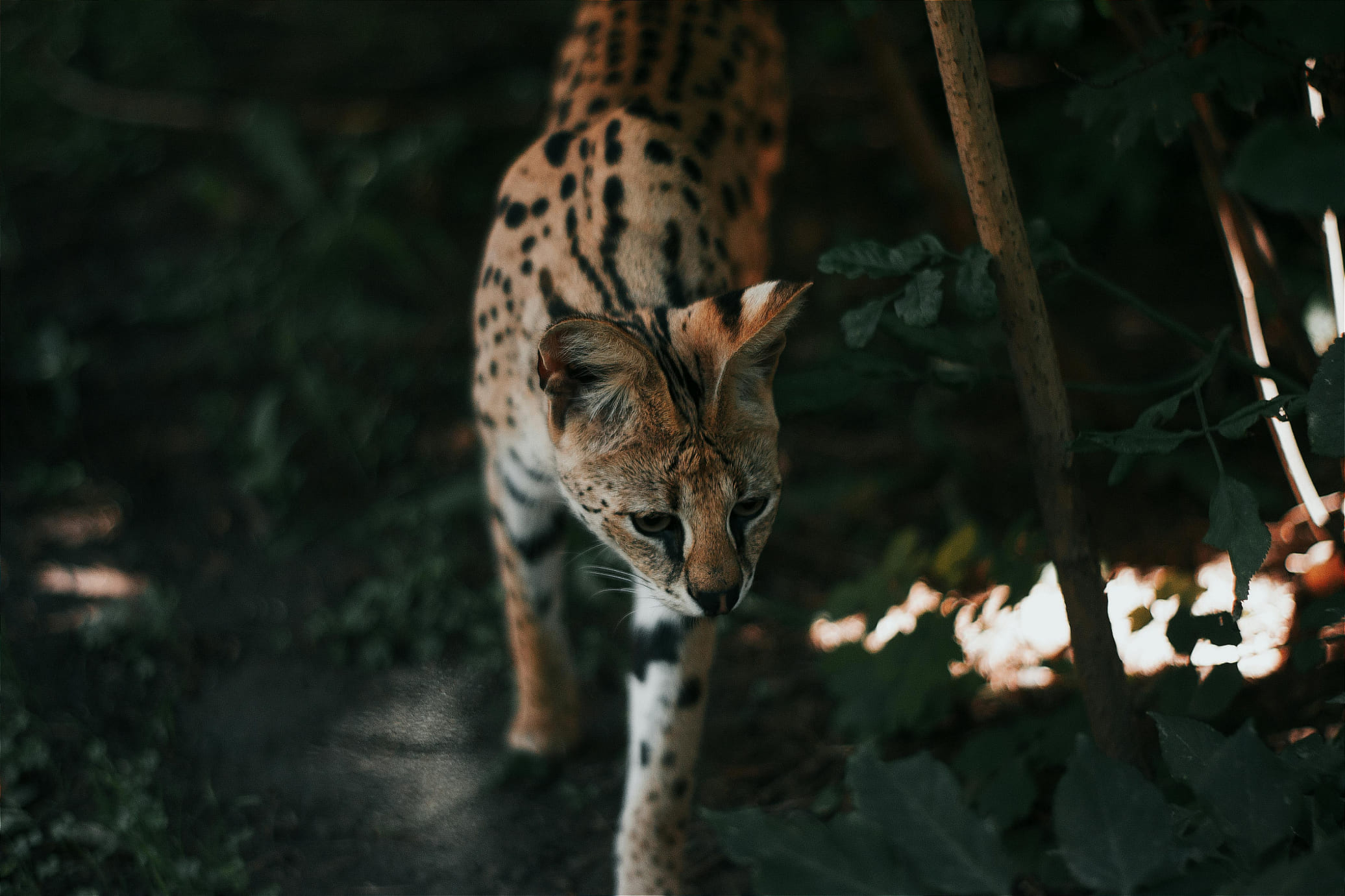
Zoos offer a unique opportunity for people to connect with nature, inspiring empathy, respect, and a commitment to conservation. A visit to the zoo allows people to observe animals up close and learn about their behaviors.
Read More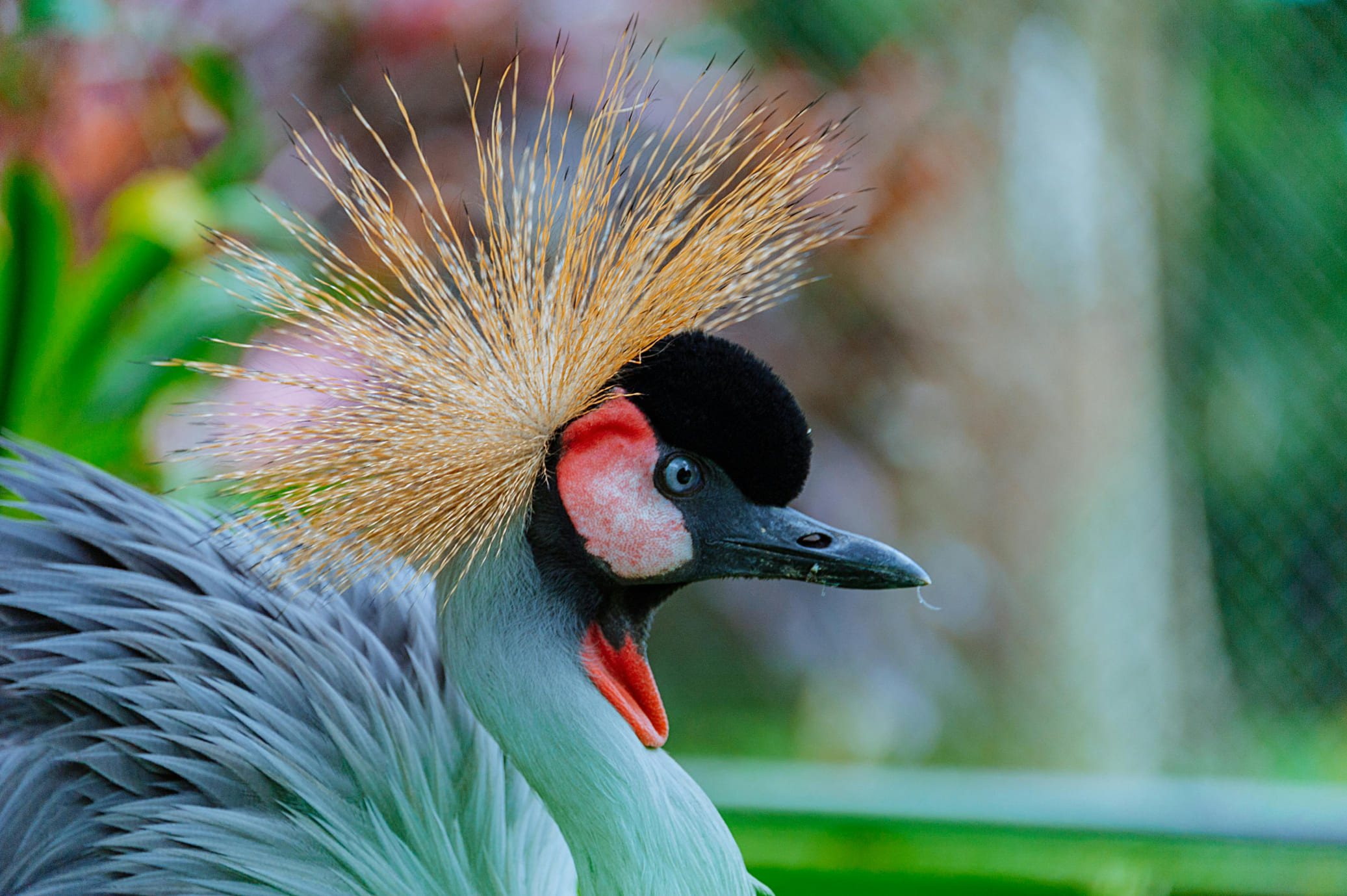
Zoos play a critical role in breeding and rehabilitating endangered species, providing a safe environment for animals to reproduce and thrive. For species on the brink of extinction, zoo breeding programs are often their last chance for survival.
Read More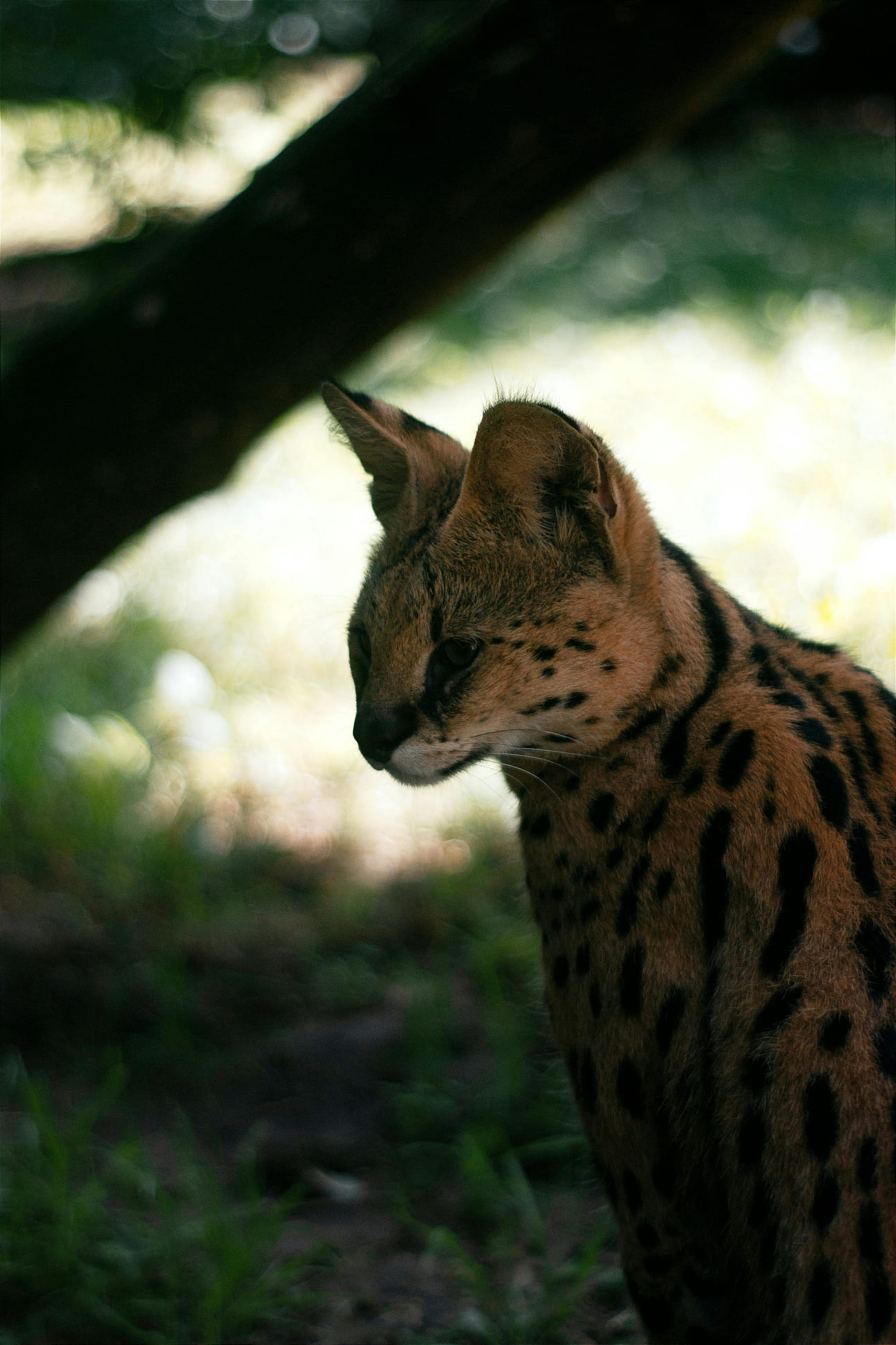
Zoos are powerful advocates for conservation, educating visitors about the importance of protecting wildlife and preserving the planet’s resources. Through exhibits, workshops, and interactive programs.
Read More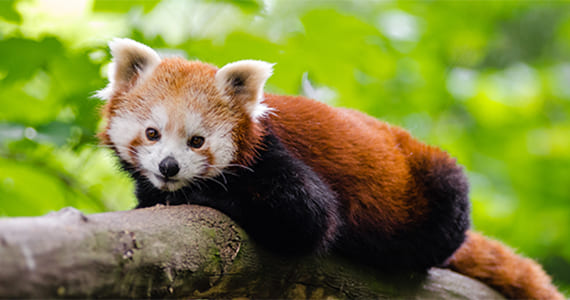
Zoos are more than places to see animals; they are centers of inspiration, education, and conservation that create a lasting impact on society. Through educational programs, conservation projects, and interactive experiences, zoos reach millions of people each year.
Read More